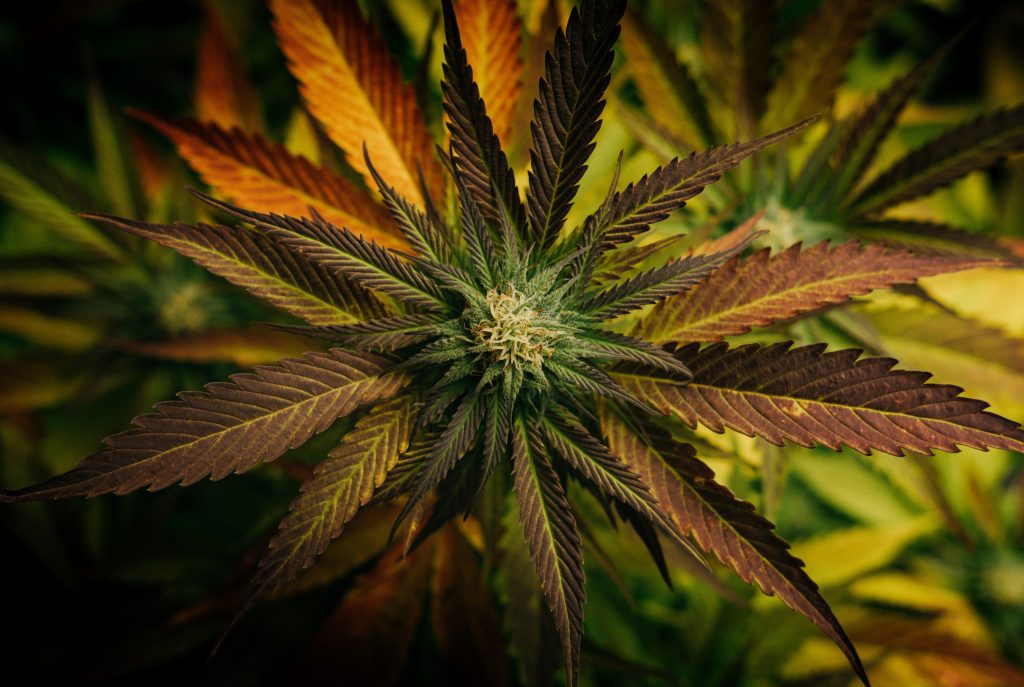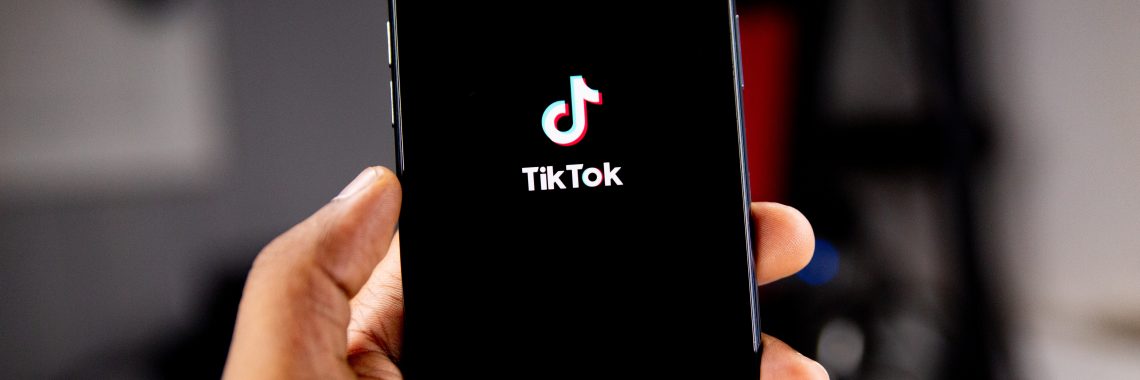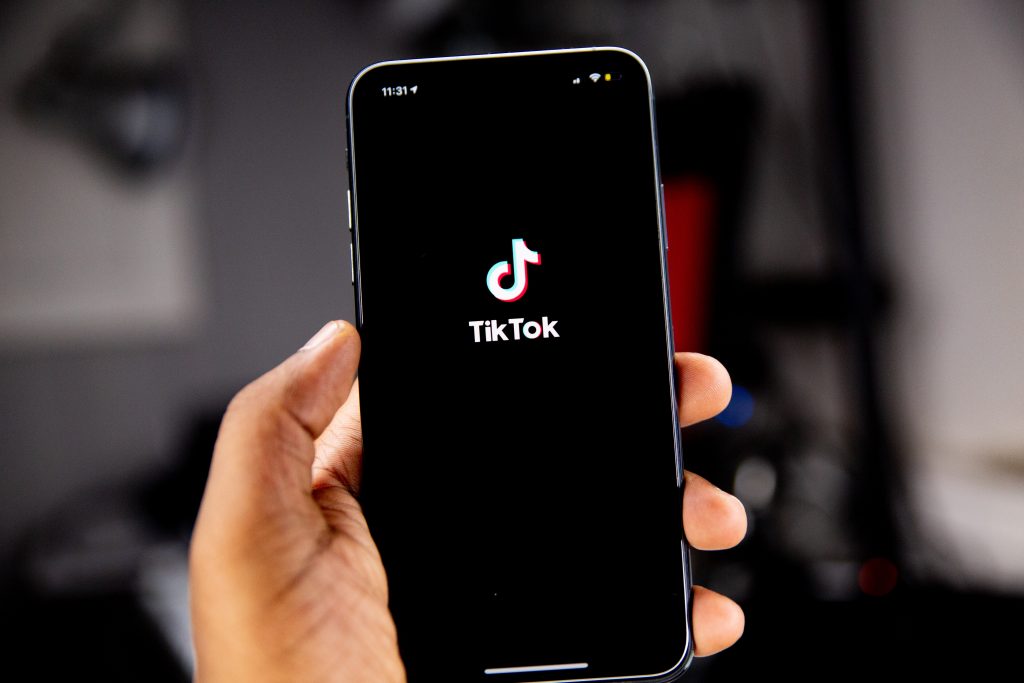Group Spent $14.2M+ on Marijuana Amendment Voters Rejected: Report

Yesterday the group Responsible Growth Arkansas filed a state ethics report showing the organization spent a total of $14,239,037.28 on its effort to pass marijuana amendment Issue 4.
Issue 4 would have legalized marijuana in Arkansas, but voters rejected the proposed constitutional amendment last month.
This was a true “David and Goliath” fight — and David won.
The campaign against Issue 4 had only a fraction of the money that the marijuana industry had, but it was defeated by a broad coalition of churches, business groups, elected officials, and citizens who knew that Issue 4 would be bad for Arkansas.
We couldn’t have defeated Issue 4 without people like my good friend former Arkansas Governor Mike Huckabee, Governor Asa Hutchinson, Lieutenant Governor Tim Griffin, U.S. Senators Boozman and Cotton, U.S. Congressmen Rick Crawford, French Hill, and Bruce Westerman, attorney David Couch, marijuana advocate Melissa Fults, the Arkansas Baptist State Convention, dozens of state lawmakers, Arkansas Farm Bureau, the Arkansas Trucking Association, the Arkansas Chamber of Commerce, Arkansas Children’s Hospital, Focus on the Family, the Arkansas Faith and Ethics Council, the Republican Party of Arkansas, the Arkansas State Lodge Fraternal Order of Police, and many, many others.
Every one of them brought something unique to the fight against Issue 4. We all did our part, and voters soundly rejected Issue 4 as a result.
Going forward, the marijuana businesses who backed Issue 4 should think twice before trying to legalize marijuana in our state. Voters clearly don’t want a measure like Issue 4 in the Arkansas Constitution.




